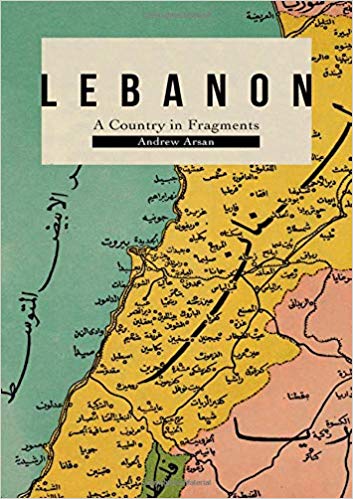History
St John’s is the perfect place to study History. Our historians are a close-knit bunch who quickly form firm friendships, built on a shared love of the subject and on the intellectual bonds that come with being taught together in small groups.
Together, our undergraduates run the College History Society, which regularly hosts guest speakers. (Recent events have included talks on topics as wide-ranging as crowds and social movements in world history, from fifteenth-century Mexico to twentieth-century South Africa, on Chairman Mao’s love of mangoes and what it tells us about 1960s China, and on Edmund Burke and his views on British imperialism.) These, like the annual History Society dinner—often a highlight of the year—are organised by the students themselves.
St John’s has a long pedigree as a ‘History College’, and its Fellowship has included at various times pioneering historians of Africa, the medieval world, and international relations. This is reflected in the breadth of expertise in our current Fellowship. Current Fellows include leading historians of twentieth-century Britain, the modern Middle East, political thought, Renaissance and Reformation Europe, and women and gender’s history.

Thanks to our wealth of resources, we’re able to work closely with our students from the get-go, helping them to discover new areas of historical inquiry, to develop their skills, and to build up their historical understanding.
Our historians have gone on to a wide range of careers, from journalism to the law, policy, consultancy, and the civil service, as well as onto further study in History, Politics and International Relations, Development Studies, and other fields.
Entry Details
UCAS Code: V100
Typical Minimum Entry Requirements
A Level: A*AA (including A* in History)
International Baccalaureate: 42 points, with 776 at Higher Level (including 7 in Higher Level History)
Essential Subjects: A Level/IB Higher Level History
Desirable Subjects: none
Submitted Work: Two school essays, ideally as part of your History course (these can include timed essays).
Admissions Assessment: None
Admissions Interviews
Those invited for interview will typically have one interview of approximately 35-40 minutes with Teaching Fellows in History. Admissions interviews are a discussion and an exchange of ideas, not interrogations. They are conducted in a friendly and informal manner and you should not feel daunted by the prospect. We are looking for evidence of strong potential to structure historical argument, to use and discuss historical evidence effectively, to write fluently and precisely and to think in original and coherent ways about the past.
The interviewers may use your submitted written work as a means to facilitate discussion with the candidates on their interests, and they will also be looking for signs of actual and potential ability to structure argument, to use evidence effectively, to write fluently and precisely and to think originally.
An example of the type of questions that you might be asked is 'how would you approach writing an essay on the history of coffee?'.
No single aspect of the application process takes precedence and we will take into consideration all evidence of your academic potential in reaching our final decision.
People
Subject Fellows
College Research Associate


